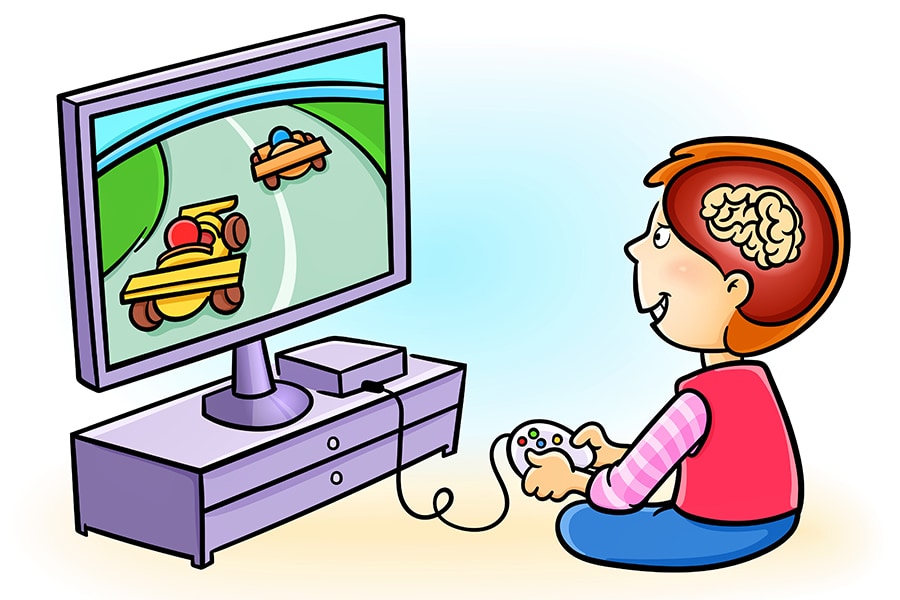
Can video games boost kids' cognitive development?
Researchers have found that children between the ages of 8 and 12 who play video games perform better on a variety of tests associated with intelligence and cognitive development
 According to a study, children who play video games develop greater cognitive abilities.
Image: Peter Berglund / Getty Images
According to a study, children who play video games develop greater cognitive abilities.
Image: Peter Berglund / Getty Images
Researchers have found that children between the ages of 8 and 12 who play video games perform better on a variety of tests associated with intelligence and cognitive development.
Can video games play a role in the development of children's intellectual capacities? A recent study on American children undertaken with nearly 10,000 child participants and published in Scientific Reports shows changes in their cognitive performance according to the time they spend on video games.
Aged 8 to 10 years old, the young participants were followed for more than two years. The study also looked at the children's use of social networks. The researchers found no correlation with intelligence and no negative impact on the participants' academic performance.
To define the notion of intelligence in children, the research is based on several characteristics such as "the ability to learn effectively, think rationally, understand complex ideas, and adapt to new situations." In general, the study indicated that playing video games can help children adapt to situations quickly, understand complex ideas, and solve problems with more creativity.
Better performance among video game players
To reach their findings, the researchers compared groups of "players" and "non-players." The children took part in a multitude of 'tasks' or exercises testing for vocabulary, attention, memory and reading and listening comprehension. The results showed better performance from the children who played video games, even for those who spent several hours a day playing them.







